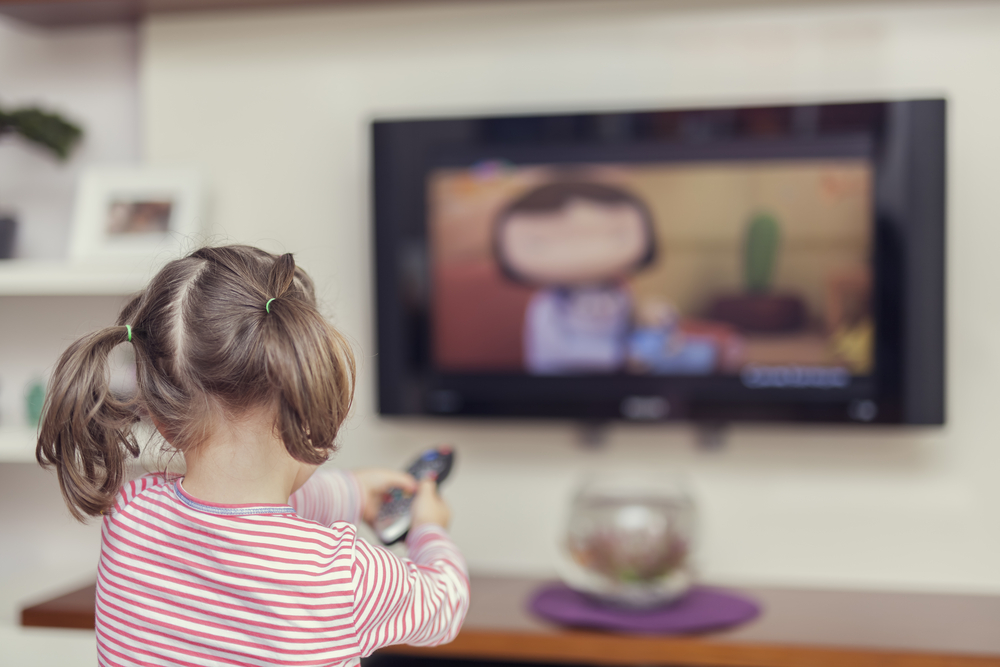The Impact of Screen Time on Children.
Others are reading now
Children, teenagers, and young adults are spending significantly more time in front of screens than experts recommend. But what does this mean for their development?
Daily Screen Time: A Closer Look
-
Ages 16-19: On average, teenagers spend 4:15 hours daily on their smartphones, according to the 2023 JIM study (Youth, Information, Media).
-
Expert Recommendation: The German Society for Pediatric and Adolescent Medicine (DGKJ) suggests a maximum of two hours of screen time per day for this age group.
-
Beyond Smartphones: This time does not account for additional hours spent in front of TVs, computers, or tablets.
Also read
Screen Usage and Brain Development
High screen time, especially among the youth, poses risks. Cognitive, social, and emotional development is influenced by media consumption, warns Dr. Avelina Lovis Schmidt, a psychologist at the Technical University of Chemnitz who researches child and adolescent development.
Key Insights from Dr. Schmidt:
-
Content Matters: It’s not just about the amount of screen time, but the quality of media content.
-
Missed Opportunities: Every moment spent in front of a screen is a moment lost for experiencing the real world, which is crucial for learning.
Consequences of Excessive Screen Time
-
Reduced Concentration: High screen usage leads to decreased ability to concentrate.
-
Lack of Mindfulness: There’s a diminished capacity for mindfulness, or the ability to engage thoughtfully with one’s surroundings.
-
Poor Academic Performance: Dr. Schmidt’s research found a correlation between screen usage and lower school performance, as valuable learning time is lost to video games and other digital activities.
The Role of Parents
Parents play a crucial role in modeling appropriate screen behavior. Dr. Schmidt emphasizes the importance of balancing screen time with outdoor activities, sports, playing instruments, and socializing with friends, especially during adolescence.
Parental Influence:
-
Modeling Behavior: Parents’ screen habits often mirror those of their children, making it essential to set a positive example.
-
Creating Boundaries: Implementing time limits on apps and ensuring screens are not omnipresent during family time can help mitigate excessive screen use.
In conclusion, while screens are an integral part of modern life, balancing digital interactions with real-world experiences is vital for the healthy development of children and adolescents. Parents can lead by example, encouraging a lifestyle that values both technology and tangible experiences.


